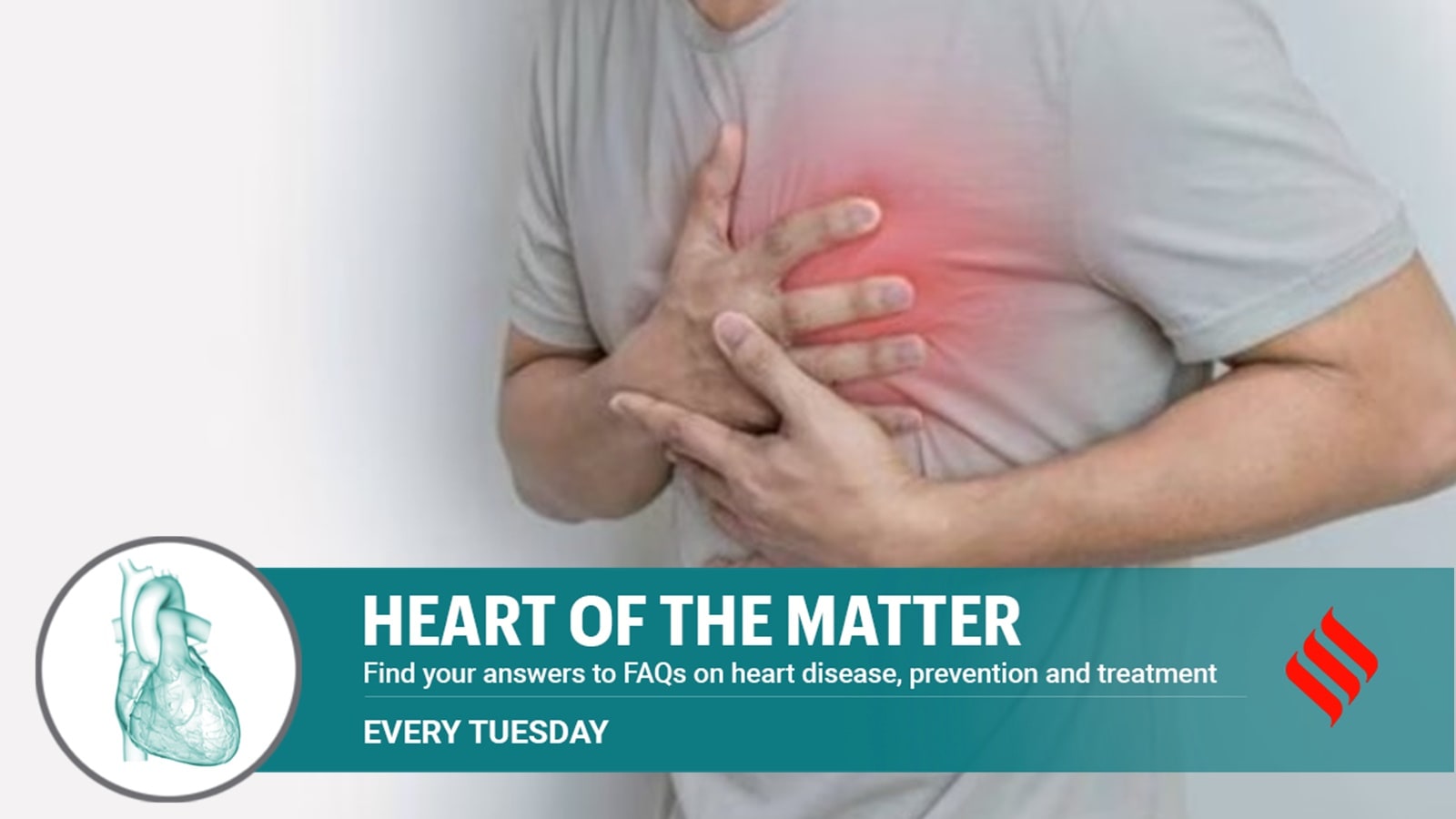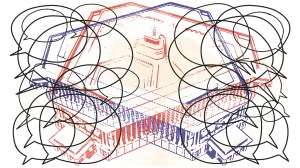New heart attack risk found: Can this B vitamin be a trigger?
Dr Rajeev Bhagwat, interventional cardiologist, Nanavati Max Super Speciality Hospital, Mumbai, on why supplements are not always a good idea
 The risk can only develop when you take prescribed Vitamin B3 supplements of around 1000 milligrams over a long period. (Getty Images/Thinkstock)
The risk can only develop when you take prescribed Vitamin B3 supplements of around 1000 milligrams over a long period. (Getty Images/Thinkstock)Next time you pop a multivitamin supplement, check with your doctor if it agrees with your heart. Now new research says that high levels of Vitamin B3 or niacin, an essential B vitamin, may raise the risk of heart disease by triggering inflammation in the arteries and damaging blood vessels. This finding of last week is significant because this risk was previously unknown.
However, this does not mean that there is any risk from dietary consumption of vitamin B3, which is present in meat, fish, poultry, nuts, cereals and breads. The recommended daily allowance for adult men is 16 milligrams, for women 14 milligrams, and up to 17 milligrams for mothers. This is easily obtainable from foods. The risk can only develop when you take prescribed Vitamin B3 supplements of around 1000 milligrams over a long period. That, according to this new finding, should be stopped.
WHY DO WE NEED Vitamin B3 OR NIACIN?
Because it helps the body convert foods eaten into energy. The body does not store niacin — any excess is removed from the body via urine.
WHY VITAMIN B3 IS USED AS A SUPPLEMENT?
For long it was used to treat high levels of a bad cholesterol called Lipoprotein (A). This is a denser cholesterol that is not indicated in a normal lipid profile test but is a very good indicator of cardiovascular health. If its levels are higher than 50 mg/dl, then the risk of heart attack is high. It is usually found to be high in those with a family disease of heart disease and can build plaque in the walls of your blood vessels. Without specific drugs, people with high levels of this should push their LDL (lower density lipoprotein) levels down more. They should keep to their weight, not smoke, choose healthy foods and drinks and get regular physical activity.
There is no medicine for it yet but many doctors would prescribe vitamin B3 as it would lead to some modest reduction in lipoprotein (A). These have been prescribed alongside statins in those with a premature heart disease or a family history of premature heart disease, a familial history of high Lp(a), familial hypercholesterolemia (FH) and recurrent cardiovascular events despite optimal LDL-lowering.
However, it has side effects like diarrhoea, affecting the gastrointestinal tract and causing intense vasodilation, where your blood vessels widen and you feel flushed and red, often lowering your blood pressure suddenly and disorienting you.
HOW DOES VITAMIN B3 RAISE THE RISK OF HEART ATTACK?
This study shows that the end products of broken down niacin in the tested group caused inflammation. In other words, in trying to get cholesterol down, the inflammation went up. This narrows down arteries and therefore speeds up the growth of plaques, damages arterial walls and in turn loosens existing plaque, no matter how small. This tear causes clotting and blockages in the heart, triggering a heart attack.
WHAT SHOULD THOSE WITH SMALL DENSE CHOLESTEROL DO THEN?
They will have to rely on statins and manage lifestyle, diet and exercise aggressively. Of course, trials are on of a new therapeutic supplement that will take care of the damaging end products of niacin. But as of now, no multivitamin supplements are needed.
- 01
- 02
- 03
- 04
- 05































